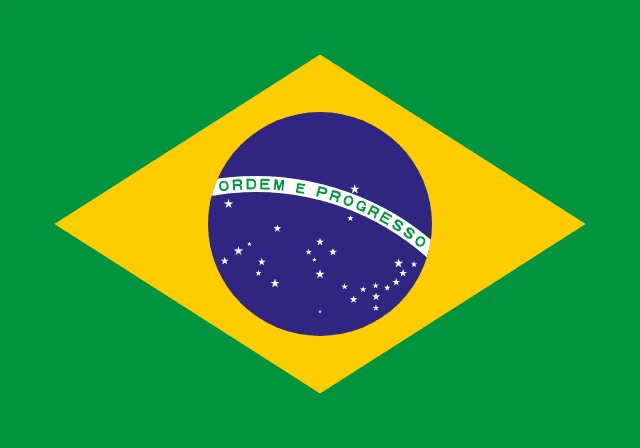Registration of Food Supplement in Brazil

Regulatory Authority
Agência Nacional de VigilânciaSanitária (ANVISA),
License Validity5 Years
Registration Timeline12-18 months.
FeesDietaryor food supplement: $100 USD- $29000 USD / 15,275.64 BRL
Registration of Food Supplement in Brazil• Food supplements exempt from registration must follow the provisions in “RDC No. 23/2000” regulation.
• Companies must inform the health authority of the state, the federal district or the municipality of the start of product manufacturing, following form in Annex X of “RDC No. 23/2000.
• The following are some of the details needed on this form:
1. Company details;
2. Manufacturing plant details;
3. Product category,
4. Product name:
5. Brand;
6. Packaging type
• The health authorities will have 60 days to conduct the plant’s health inspection. The product’s nature, its risk, the date of the last inspection, and the history of the organization will all influence how the inspection is completed within this time frame.
• In case the company is not approved in the inspection, they should suspend production and remove/recall any product from the market.
Food supplements following registration
• The electronic “petitioning system” (sistema de peticionamiento) can be used to register dietary supplements. The required documentation must be printed and delivered in person or by mail to the “National Agency of Sanitary Surveillance (ANVISA)” together with proof that the required charge has been paid.
• Foreign companies cannot make administrative arrangements for issuing market authorizations directly withThe Brazilian Health Regulatory Agency (ANVISA).
• These should have partner companies legally established in Brazil that will be legally responsible for the products imported to and distributed in the Brazilian territory.
• Company registration is the first step to obtaining access to the “petitioning system” and must be used to register private companies and local representatives with a relationship with these companies.
• Companies can change the details of their company size at the next registration phase if required. This is sgnificant as the fee charged depends on the size of the company and the subject to registration. Portaria Interministerial No. 701/2015″ includes fees.
• The following documentation is needed for the registration of food supplements with functional and/or health claims, including food supplements with probiotics as well as enzymes:
1. Cover sheet for filling:
2. Petition forms 1 and 2;
3. Label copy,
4. Company registration form for non-registered companies);
5. Copy of the sanitary permit or equivalent valid document [item 2.4 of “RDC No. 22/2000”);
6. Scientific evidence and Technical- scientific report applicable to prove the effectiveness of the proposed claim.
7. In the case of a new food or ingredient, proof of safety should be presented in accordance with “RDC No. 16/1999”, “RDC No. 17/1999” and “Guide for the Safety Verification of New Foods and New Ingredients”.
8. Proof that the food supplement components or ingredients are restricted to those provided in “IN No. 28/2018” or approved resolution resulting from the request and evaluation of safety and effectiveness of an ingredient.
9. If the supplement includes probiotics, the company should identify the resolution of approval of the probiotic or the process referring to the request for evaluation of safety and efficacy of the strain, in accordance with “RDC No. 241/2018”. In the latter case, the registration request will depend on the evaluation’s outcome.
10. Analytical results confirm that the food supplement complies with min. and max. limits set for its constituents (RDC No. 243/2018) until the end of the shelf-life period.
11. Identity, purity and composition specifications for food additives and processing aids and information evidence that the use of food additives and processing aids and other ingredients c compliant to “RDC No. 239/2018” and “Article. 6 of RDC No. 243/2018”
12. Reports of stability tests which ensure the supplement’s qualities will be retained until the end of the shelf life.
• After submitting the request, the interested party can monitor the progress of the request through the “consultation system on document status” (Consulta a Situação de Documentos).
The steps involved in the registration process are:
The labeling of food supplements shall have the following information:
Join hundreds of companies who trust OMC Medical for their regulatory needs.